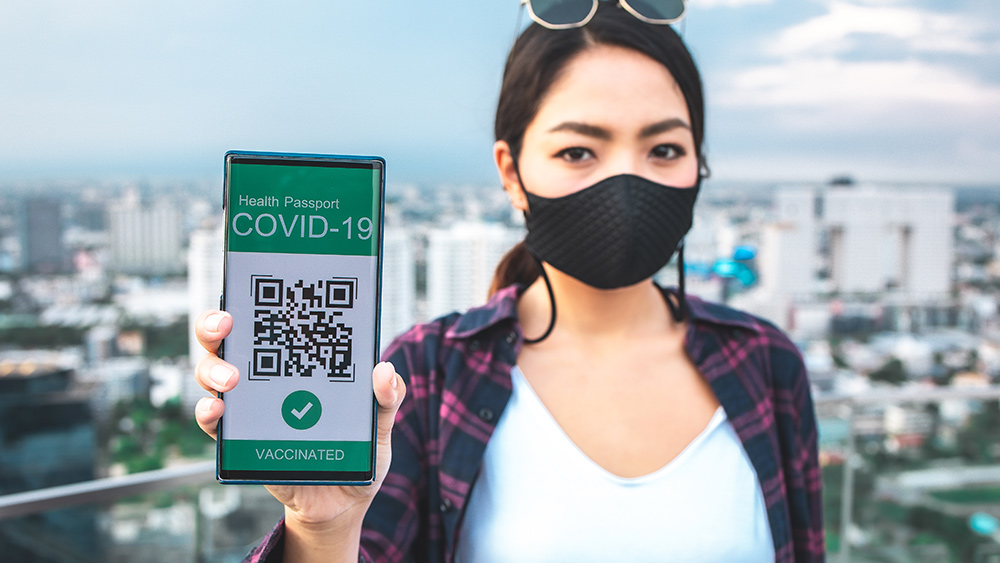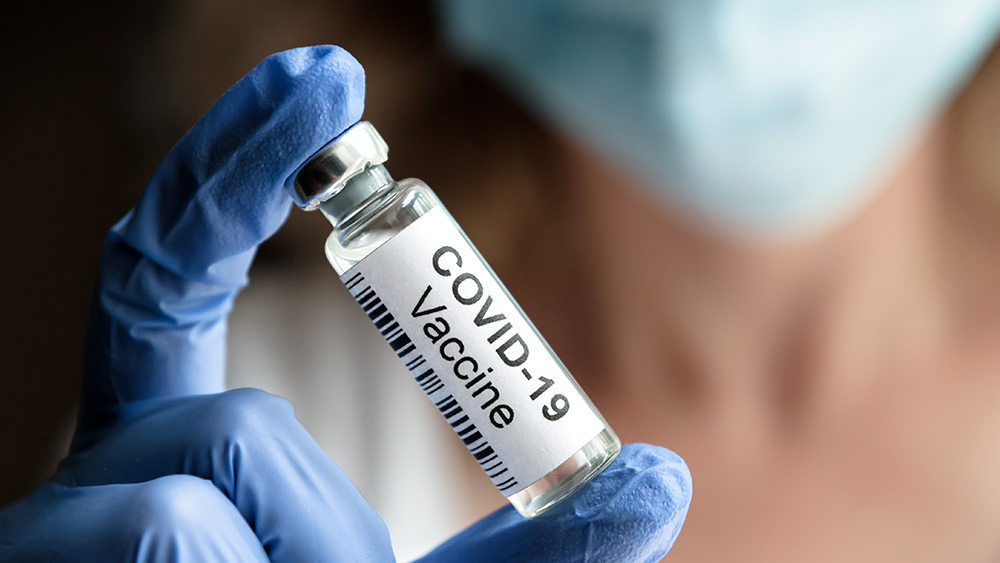Here’s how TCM formula xiaoyaosan exerts antidepressant effects
02/08/2022 / By Franz Walker

Xiaoyaosan (XYS) has long been used in Traditional Chinese Medicine (TCM) to treat conditions that are linked to anxiety and depression. With this in mind, a group of Chinese researchers conducted a study to explore the science behind XYS’s antidepressant effects.
Traditional Chinese healers have long used XYS to treat what is called liver qi stagnation in TCM. Common symptoms associated with this include irritability, anger, anxiety and depression.
Previous studies have looked into XYS’s antidepressant effects. However, few have demonstrated an association between these and other physiological systems behind depression.
In a study published in the journal BMC Complementary and Alternative Medicine, researchers from the Hubei University of Chinese Medicine, the Beijing University of Chinese Medicine and the Henan University of Chinese Medicine investigated whether XYS can influence the function of astrocytes (AST), which are specialized cells found in the brain.
The astrocytic excitatory amino acid transporters 1 (EAAT1) and 2 (EAAT2) are the major transporters that take up synaptic glutamate, the central nervous system’s primary excitatory neurotransmitter. Evidence suggests that excitotoxicity, which damages nerve and brain cells, is associated with depression.
With this in mind, the researchers hypothesized that XYS’s underlying antidepressant-like mechanism is related to the regulation of astrocytic EAATs.
Exploring the antidepressant-like mechanism employed by XYS
To explore how XYS works, the researchers conducted an experiment with 80 adult mice divided into four groups. Of these groups, one served as a control while another one was subjected to chronic unpredictable mild stress (CUMS) to induce depression but was not given any treatment. The third group was subjected to CUMS but treated with XYS and the final group was treated with fluoxetine hydrochloride.

The mice in the control group and the CUMS group received a placebo consisting of 0.5 milliliters (mL) of normal saline for 21 days. The mice in the treatment groups, on the other hand, were given 0.25 grams per kilogram and 2.6 milligrams per kilogram per day of XYS and flouxetine hydrochloride, respectively, during the same 21-day period.
Following the treatment, the mice were subjected to a battery of behavioral tests to observe the effects of XYS. These were an open field test, a forced swimming test and a sucrose preference test.
The researchers also checked the glutamate concentrations in the mice’s prefrontal cortex using colorimetry. The morphology of the neurons in their prefrontal cortexes was observed through Nissl staining.
Meanwhile, the researchers used Western blot assay and immunohistochemistry to detect the expressions of glial fibrillary acidic protein (GFAP), NeuN, EAAT1 and EAAT2 proteins in the mice’s prefrontal cortex. They also conducted quantitative real-time polymerase chain reaction (qPCR) testing to detect the expression of GFAP, NeuN, EAAT1 and EAAT2 genes.
The results show that XYS treatment caused improvements in CUMS-induced depressive mice by regulating the functions of their ASTs and the EAATs in their prefrontal cortex. CUMS decreased the expression of GFAP, EAAT1, EAAT2 and NeuN but increased glutamate content in the mice’s prefrontal cortex. These changes were all alleviated by XYS treatment.
According to the researchers, their study provides a theoretical foundation for the clinical application of XYS as an alternative treatment for depression. However, they note that the effect of XYS on GFAP function still needs to be explored in clinical and in vitro experiments. (Related: Homeopathic alternatives to antidepressant drugs.)
For more research into novel treatments for depression, follow Mental.news.
Sources include:
BMCComplementMedTherapies.BioMedCentral.com
Submit a correction >>
Tagged Under:
alternative medicine, beat depression, brain function, Chinese medicine, herbal medicine, Herbs, mental health, Mind, natural cures, natural medicine, remedies, research, xiayaosan
This article may contain statements that reflect the opinion of the author



















